This is Eavesdrop, a series of conversations between artists, playwrights and audience members. Below, we listen in on a conversation between Playwright Andrew Rosendorf and Actor Sommer Carbuccia. The two have worked together on Paper Cut since its workshop at The Playwrights’ Center. The play receives its world premiere this October at the Dairy Arts Center. Previews begin October 17 and opening night is October 20. See it early to save by purchasing your tickets here.
Sommer Carbuccia
Sommer: Andrew, it is really great to be back in Boulder to get this show up on its feet and work with Local Theater Company on the world premiere of your play. Round three! I have to say, it has been an amazing experience to work on this play—and this role of Kyle—over a few different iterations. It is something a lot of actors never get to do, so thank you so much for that.
Andrew: Having the opportunity to work with you, over the course of years now, has greatly informed the character of Kyle. You’ve always been so open and honest and brave exploring Kyle, and how the remnants of the IED explosion impacted him. I’m curious what the character has taught you over the years of portraying him?
Sommer: You know, Kyle has taught me—both as an actor and a human being—to be more grounded, hold a tight focus, and think carefully before I speak. And funny enough, I’ve seen parallels to him and his story in my own life which seems to happen often, and is always crazy.
Andrew: Even as the story, and the character, has evolved over the years?
Sommer: Even though he has evolved, the heart of Kyle has always been there. You were always very clear about his need to protect others, his feeling of failure when he either isn’t able to or chooses not to, and when he decides to reach out for help. I think the biggest changes to him specifically have been a shift in how he goes about dealing with these core issues.
Andrew Rosendorf.
Andrew: I must say you’ve helped to guide me and the play as we’ve all sought to ensure Kyle’s disability is only part of him and not something that defines him. It’s why I’ve been able to make some of the changes and cuts that we have during the course of our rehearsal process. Honestly, it’s been a great gift that our paths have crossed.
Sommer: I appreciate that, man. Bringing the truth of having a disability to the character and the play has been very important to me so I’ve been happy to be open about my own experience. And I love that you’ve made it a part of him and not the defining factor of Kyle.
You and I both know that oftentimes playwrights make a story about the person “overcoming” their disability, and while that can be a part of our lives, I’ve always said—and I might have heard this from someone way back—that we can be lovers, villains, and friends as well. Those stories should also be represented.
Andrew: I’m curious about how living with Kyle, the world he inhabits, and the other people in his life (it’s weird to say that knowing that we’re talking about fictional characters) has impacted your views on masculinity and what it means to be a man? It is a central question posed by the play.
Sommer: In my own life, I think I’ve been surrounded by what society would deem a “masculine” man. From my father to my friends growing up to my college buddies, I’ve always seen some version of that stereotype, at least outwardly. When you get to know these guys though you realize that a lot of times it is a front, and they have these complex, scary emotions that they just haven’t been taught how to deal with.
Living with Kyle and his world, I’ve tried to embody that, having all of these “things” bubbling inside you and not knowing where, when, or how to let all of that out. I think I’ve learned that if masculinity by society is defined as being strong, the moments of courage are what make someone a man. I’m not talking about physical strength, but the strength and courage to be soft, kind, and open to others.
I think you, Andrew, teach the audience and Kyle what it is to be courageous and a man through the other characters as well. Without any spoilers, do you have one character you think embodies that courage the most?
Andrew: There’s absolutely no way I can answer this. Is that a cop out? So much of the play is exploring these notions of courage—and the many different forms it takes. I think each of the characters are courageous in their own ways, but sometimes (as I think is true in life) the places they aren’t as brave overpowers everything else. And sometimes that even surprises them. I’ve definitely been fascinated listening to people talk about who they feel is the most courageous character in the play which has varied immensely.
And I’ll just add that I think—from a producing organization perspective—there’s nothing braver than committing to bringing life to a new play. It’s something I never take for granted and something that Local is fiercely committed to as well as their audience. That’s no small thing.





















